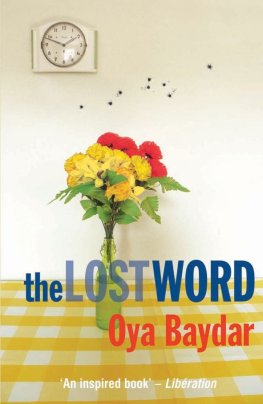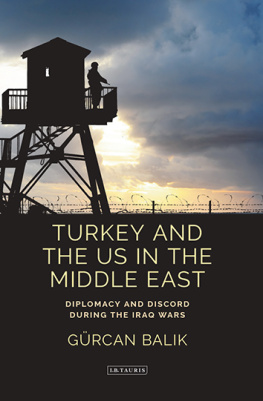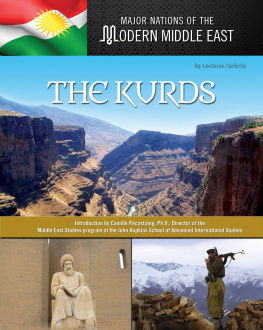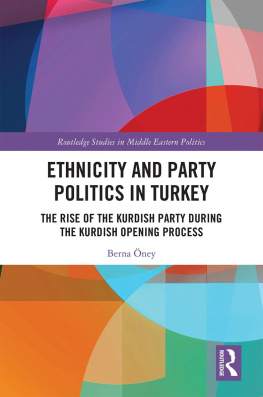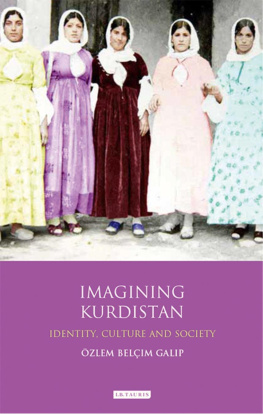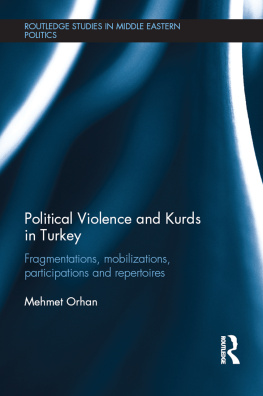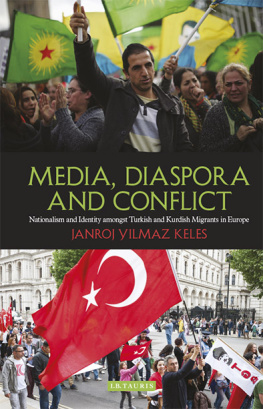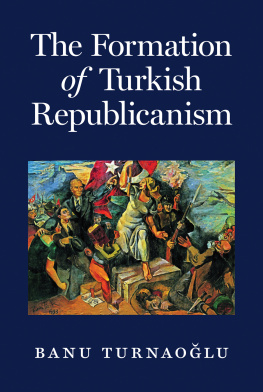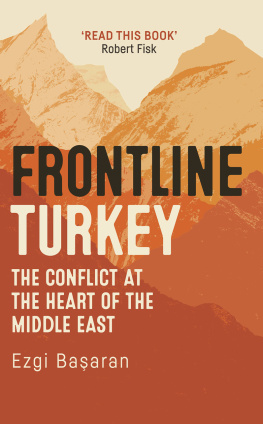Do They Kill Children with Tiny Bullets, Mummy?
I was looking for a word and I heard a voice.
I was in pursuit of the word. The word that I had used roughly, spent recklessly, blown into bubbles of soap and used up: that first sentence that would begin the story, carry it along and conclude it. The sentence that somehow could never be put down in words, that merged into the nebulous lightness of thought just as I thought I had got hold of it The missing word
I heard that voice; I forgot the word and followed the voice.
The man who plays with words, the acrobat of language, the word wizard
Empty words of praise attached like labels to his name, laying siege to his identity. To the trite question Is there anything in the pipeline, master? asked by his admiring, well-meaning and somewhat simple readers, the enthusiastic, ambitious art and literature correspondents and the critics, the arbiters of ones writing and fate, the curt answer given with an icy, insincere smile, a slight twitch of a muscle: There are a few things started. They are coming along. Youll see them in the near future.
Yet there is only emptiness inside him the frightening barren emptiness stretching to eternity of mirrors facing each other without reflection.
Exhausted from striving for days and nights to produce the awaited great work from this polished, hollow sentence that he has heard somewhere Thrashing around in the web of code name: love relations that leave behind only the bitter taste of regret. The comebacks, each one of them a small-scale defeat: returning home with the feeling of bleak emptiness and suffocation only to escape again; to his wife always there, always loving, always restrained and always distant; to literary circles, pretending not to see their smirks of We know your past hidden behind displays of praise and friendship; to his old comrades with the fear of not knowing where he will find them, in what mood and in what sphere. Roads, countries, towns, hotels, seas, ports and people: all just for the sake of living. With that feeling of emptiness and pointlessness clinging inside him
He was in pursuit of a word, the word he had lost. He heard a voice. A voice that broke from the hum of the city reverberating in the far distance and bored into the desolate darkness of the night like a drill; that passed beyond time and space and broke on the shores of sleep and sleeplessness like surging waters, like the wind.
Did I hear it?
You hear the hum, the whisper, the shout, the talk, the music, the sounds and silence of nature, but you do not hear the scream. The scream closes in on you, envelops you and surrounds you, and adding a sixth sense to the five it becomes a single sense and pierces your cells. He recognizes it from the scream emitted by his wife when she was giving birth to their son, from the last inhuman scream of a man knifed beside him one night, and from the scream resounding to the world uttered by a woman in a black burqa which war, which conflict, where, he does not remember tearing at her burqa and baring her bosom before throwing herself over her dead son. The scream overcomes the voice and silences it. You dont hear the scream. It envelops you, surrounds you, drags you after it and engulfs you. The scream
The passengers of the Anatolian coaches departing after midnight; common folk with their characteristic faces, clothes and smells. The sham, shabby order and the lively bustling disorder of the large city coach terminals attempting to emulate the slickly run airports. Monotone announcements with wrongly stressed words whose ends stretch like chewing-gum: Your attention please, passengers. Your coach is about to leave from Platform 17. The small kebab shops, the vendors of dried fruit and nuts, booths, people selling scratch cards, stalls overflowing with religious books, booths stocking cassettes and CDs, halva and puddings; toilets smelling of urine, their floors always suspiciously wet, reservoirs broken, basins blocked. The coolness of June nights making one shiver slightly, the yellow melancholy diffused from dull, dim lights, the waiting-rooms gradually becoming deserted, and the platforms falling silent.
He has to wait more than half an hour before his coach is due to depart. He tries to kill time watching passengers bustling around, those coming to see people off, children begging, selling chewing-gum or tissues at the late hour, those gathered in front of the stalls selling cassettes or dried fruit and nuts. While drinking in truth he had had a little too much to drink as usual in the bar of a recently rediscovered trendy hotel that he used to visit frequently he suddenly had the thought that he could not bear to spend another night in the tedious city. He decided to cancel the two minor appointments for the following day and return to Istanbul that night by coach.
While buying a bottle of mineral water and a packet of cigarettes from the Bakent Bfesi the chain of kiosks named for the capital city in the corner by one of the large glass-panelled doors opening on to the platforms, he notices that he keeps repeating, Bakent Bfesi, Bakent Bfesi like a jingle. Sometimes a word, a sentence or a line would get stuck in his mind like a broken record, especially if he has been drinking. As he thought about the meaning of the phrase repeating in his head he wonders why its called a capital city. Do such cities change over the years? If so, how do they change? Why have I why do we have a lifetime? And what is a lifetime? At least say a youthtime. Could one produce an article from that inane question?
For how many generations have we been repeating the conundrums of our meaningless lives like a jingle without being able to answer them or resolve them? Especially this word conundrum that we use everywhere. One uses words like these so that people consider one intellectual. Theres nothing to write about here. Ive got nothing to write about either. In any case, what sort of things did I ever produce? Come on, be honest, at least to yourself. But lets not be too harsh. Even if Im not as great as I think I am Im not a nobody. Damn it! Im confused and Im pissed. My head is like a terrible barren emptiness stretching to an eternity of mirrors facing each other without reflection. I really mustnt drink so much. My brain is like mush. If only the coach would arrive and I could find my seat, get my head down and fall asleep. If only I could lean my head back against the headrest smelling of sweat and fall into a deep sleep, to revive the memory of the days of youth and innocence when air travel was incompatible with our miserable student budget and frugal lifestyle, our horizons, surroundings and revolutionary principles. It would cost a months basic wage for a plane ticket!
If he hadnt noticed the woman with the odd hat sitting outside on one of the benches near Platform 8 while he was waiting for his change in front of Bakent Bfesi he would not have headed in that direction. As he stashes his bottle of mineral water in one of the outside pockets of his small travelling bag the wide-brimmed, light-coloured hat catches his eye once more. He has always been drawn by the fascination of objects and walks towards Platform 8.
The woman is short, plump and elderly. She must be more than seventy. She is wearing pale, worn trousers that end just below the knee. Would you call them Bermuda shorts? On her head is a wide-brimmed old straw hat with a green ribbon and her hands are covered with white gloves. She could be a retired teacher who has settled in Bodrum or somewhere similar or the wife of an elderly bureaucrat spending half the year at a summerhouse by the sea. She reminds him a bit of his mother. These sorts of women paint fabric, tie-dye and sketch when they are not playing rummy. They also dabble in art and literature. Most of them are know-alls, insufferable women with the air of a pedagogue. They are women who believe in the certainty of their own convictions, who preface their remarks with We are the daughters of the generation of the Republic. When they see a woman covering her head with a scarf they see red and lament, Even Atatrk could not make these people see sense! refining their vowels like teachers, officers wives and friends of my mother. Perhaps I do the poor woman an injustice because she physically resembles my mother and because of the revulsion I feel towards my parents and that self-opinionated elitist circle.

